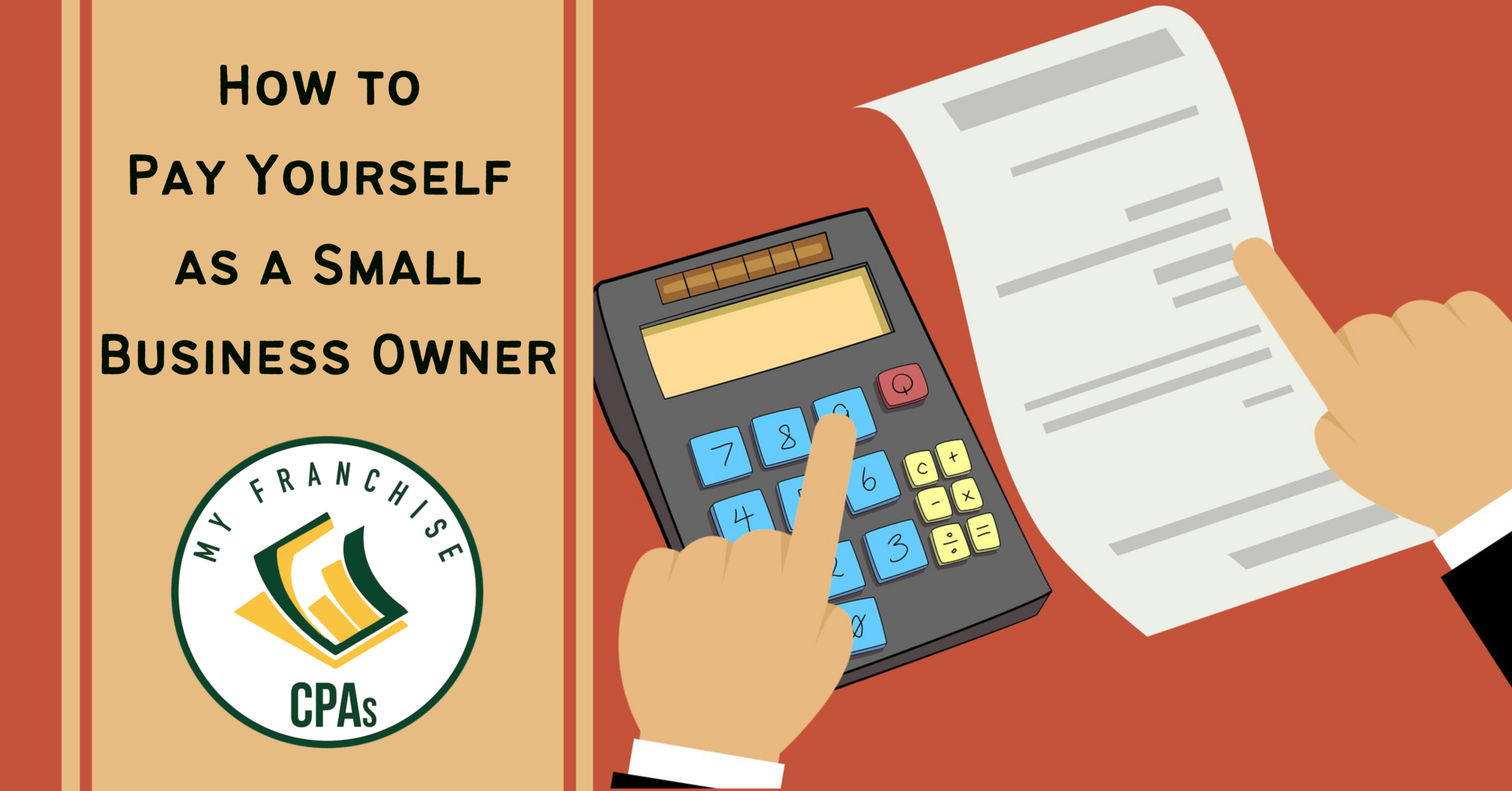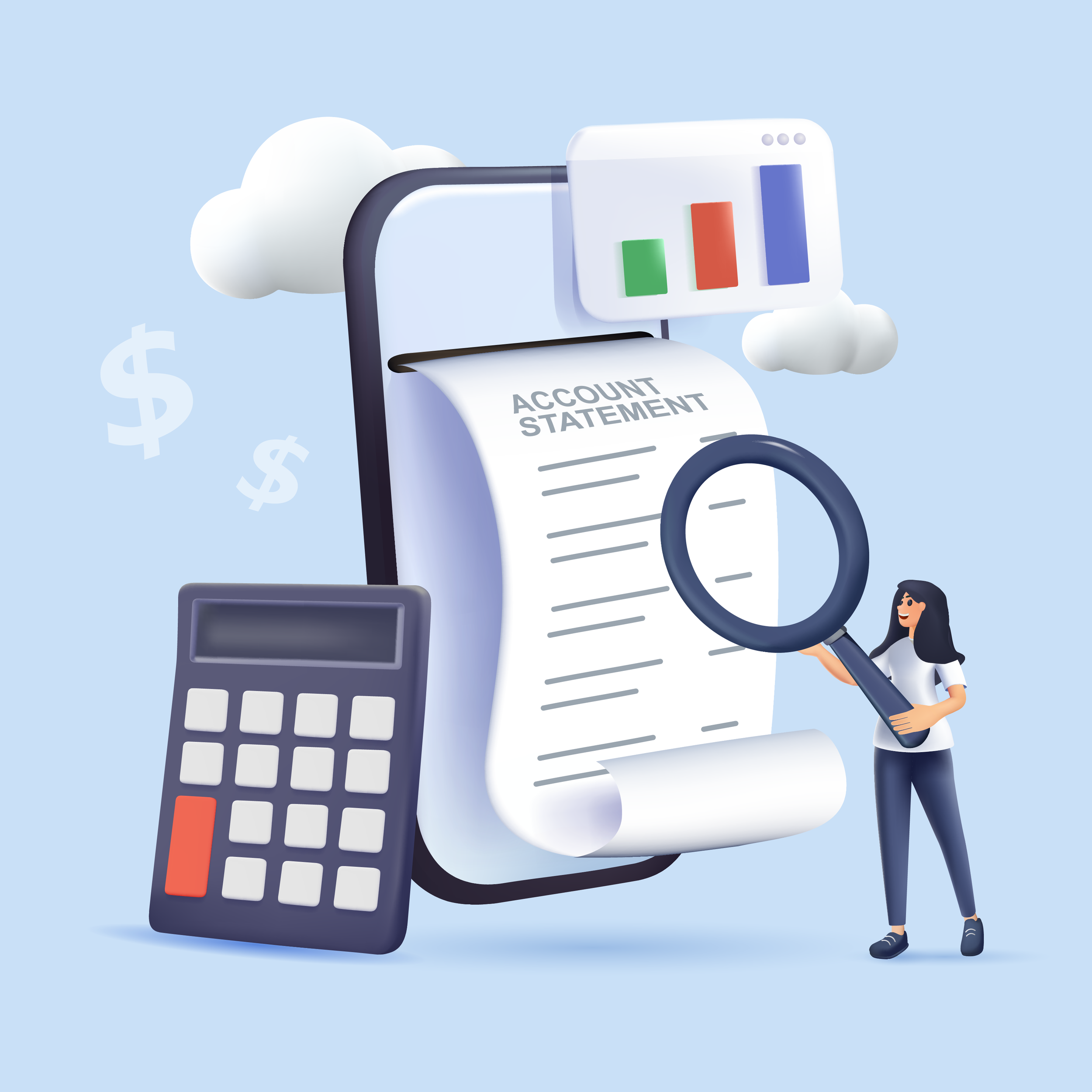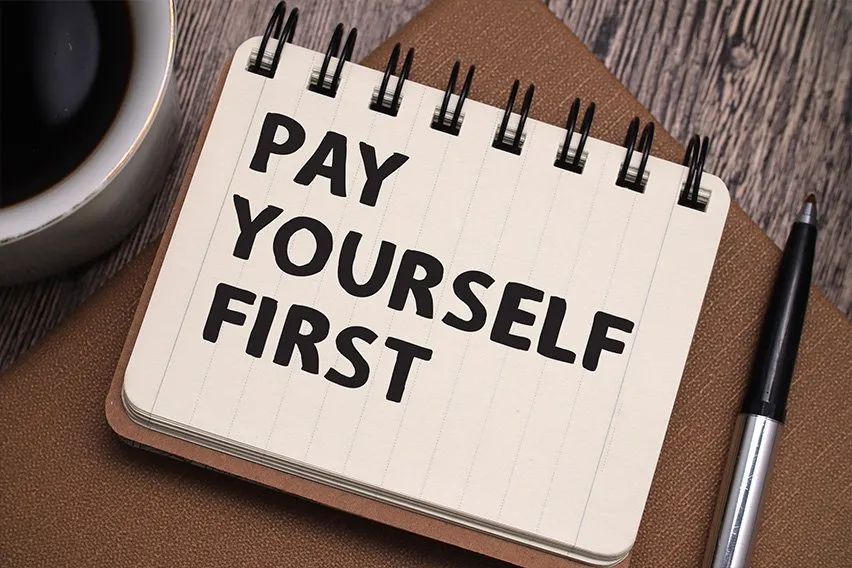How Much To Pay Yourself Small Business

Small business owners often grapple with a critical question: How much should they pay themselves? The answer isn't simple, demanding careful consideration of business finances and personal needs.
Determining a fair owner's salary involves balancing immediate financial demands with long-term business health. This impacts not only personal income but also the business's ability to grow and thrive.
Understanding the Basics
Several factors influence the salary decision. Business profitability, cash flow, and personal financial needs are all key considerations.
Consider your industry and geographic location. Researching average salaries for similar roles in your area provides a benchmark for what's reasonable.
Owner's draw and salary are two distinct methods. A draw is a withdrawal of profits, while a salary is treated as an expense with taxes withheld.
Assessing Your Business's Financial Health
A healthy business can better support a reasonable owner's salary. Before taking a paycheck, analyze your profit and loss statement and cash flow projections.
Can your business consistently cover expenses and generate a profit after paying yourself? A sustainable salary doesn't cripple your business.
Consider setting financial milestones before increasing your salary. Tie raises to specific revenue targets or profitability achievements.
Calculating a Fair Salary
The "reasonable salary" test by the IRS is crucial. It examines if the salary is comparable to what someone else would be paid for the same work in a similar company.
The Bureau of Labor Statistics (BLS) and sites like Salary.com offer data on average salaries. Use these resources to research comparable roles.
Account for your responsibilities and experience level. A founder acting as CEO deserves a higher salary than an entry-level employee.
Practical Strategies for Determining Pay
Start with a modest salary that meets your essential personal needs. As the business grows, gradually increase your pay.
Consider a hybrid approach: a base salary plus a percentage of profits. This aligns your compensation with the business's performance.
Regularly review your salary in consultation with a financial advisor or accountant. Adjust as needed to reflect changing business conditions.
Tax Implications
Your business structure affects how your salary is taxed. S-corporations and C-corporations require owners to be paid a reasonable salary, subject to payroll taxes.
Sole proprietorships and partnerships don't pay themselves a salary. Owners take a draw from profits, subject to self-employment taxes.
Consult a tax professional to understand the specific tax implications of your business structure. Proper planning can minimize your tax burden.
Common Pitfalls to Avoid
Paying yourself too much can starve your business of vital resources. It can hinder growth and create cash flow problems.
Neglecting to pay yourself at all can lead to burnout and resentment. Recognize the value of your work and compensate yourself accordingly.
Ignoring tax implications can result in penalties and fines. Stay compliant with all tax regulations.
Next Steps
Use online salary tools and consult with professionals. Start the research with the Small Business Administration (SBA) as they provide resources and guidance.
Develop a salary plan that aligns with your business goals and personal needs. Regularly monitor and adjust as your business evolves.
Prioritize both your financial well-being and the long-term health of your business. A balanced approach is key to success.


















